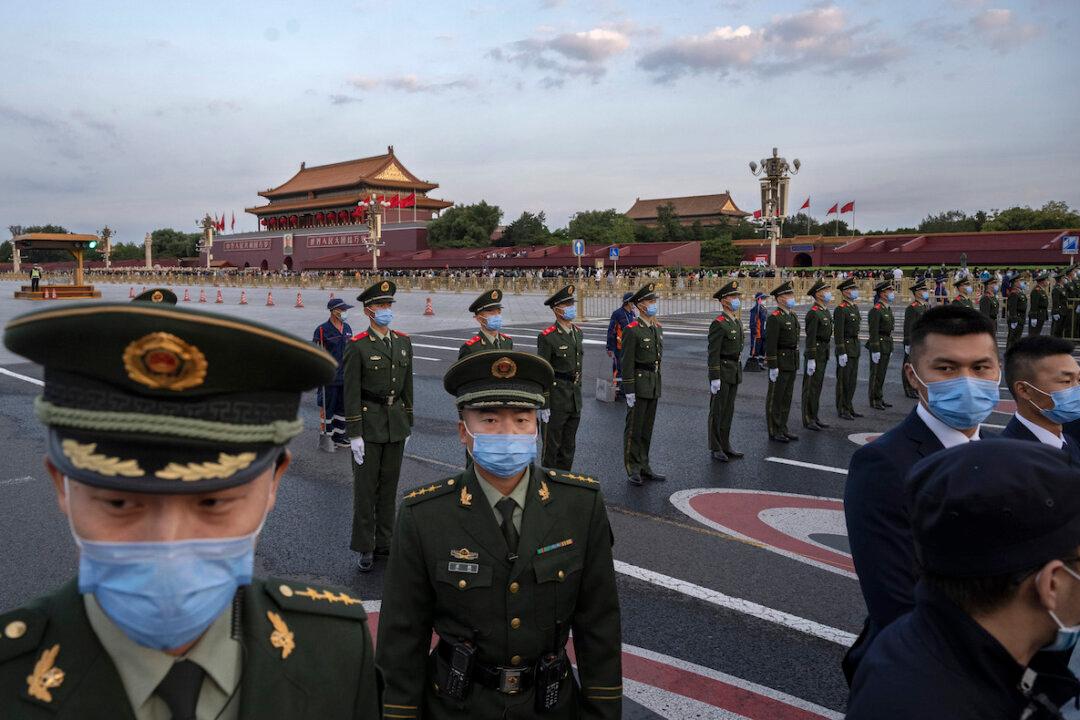As reports emerge that China is ramping up its official scrutiny of foreign firms operating in the country, it can be a retaliatory move against foreign entities to allegations of Chinese espionage abroad, according to former senior intelligence official and author Nicholas Eftimiades.
On April 26, the communist regime passed its newly revised anti-espionage law, which will take effect on July 1.





